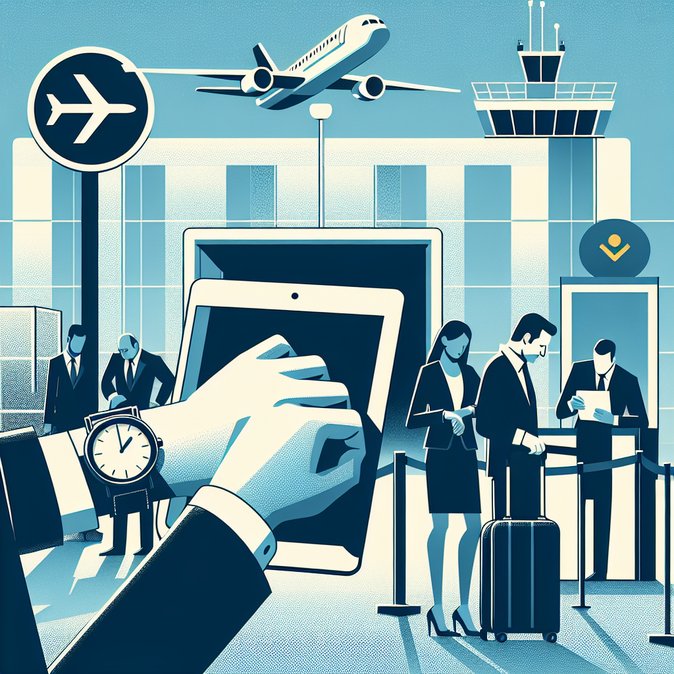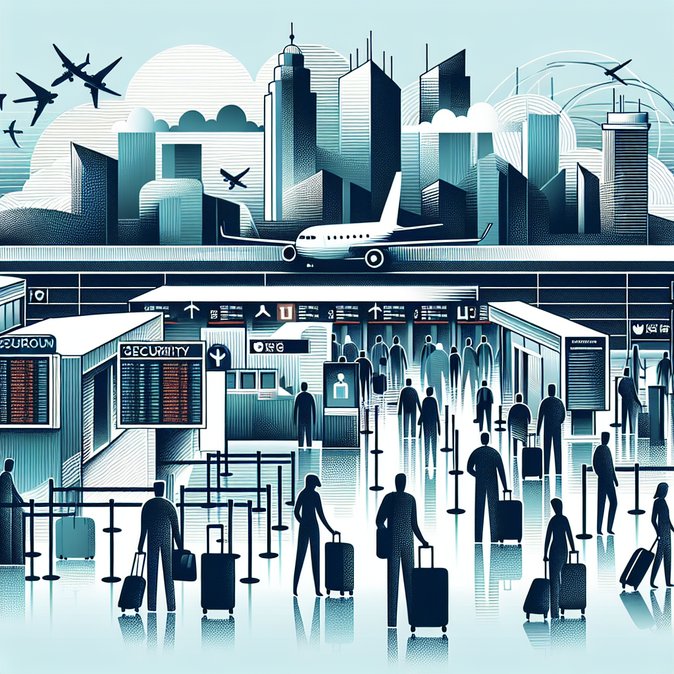
India’s largest carrier IndiGo has circulated an urgent travel advisory asking passengers to report well ahead of departure and be prepared for secondary security screening at all Indian airports. The advisory, posted on the airline’s official X (formerly Twitter) handle on 11 November 2025, comes a day after a car bomb killed nine people near Delhi’s Red Fort Metro Station.
IndiGo says the Bureau of Civil Aviation Security (BCAS) has instructed airlines to implement additional passenger- and baggage-screening protocols, including random explosive-trace detection swabs and manual hand-baggage checks at boarding gates. Central Industrial Security Force commanders have also been authorised to conduct surprise drills inside terminal buildings. The airline recommends that domestic flyers arrive at least three hours before departure and international travellers four hours in advance to avoid missed connections.
![IndiGo Issues Nationwide Airport Alert, Urges Passengers to Arrive Early After Delhi Blast]()
Heightened screening has already lengthened queues at Delhi, Mumbai, Bengaluru and Hyderabad—four hubs that handle more than 60 % of India’s business-travel traffic. Travel-management companies report that early-morning corporate shuttles are seeing average dwell-time increases of 35–45 minutes. Some multinational firms are shifting executives onto midday departures to reduce the risk of delay.
While the advisory does not suspend any flights, it may disrupt same-day meeting itineraries and tight inter-line connections, particularly for travellers connecting onto long-haul services to Europe and North America. Companies should review layover buffers and remind employees to carry printed or digital copies of confirmation emails that prove they are within the airline’s cut-off time for check-in.
Travel-security analysts note that India’s airport network last saw comparable security escalations after the December 2023 Mangaluru blast. Those measures remained in place for nearly two weeks, suggesting travellers should expect stricter screening through at least late November.
IndiGo says the Bureau of Civil Aviation Security (BCAS) has instructed airlines to implement additional passenger- and baggage-screening protocols, including random explosive-trace detection swabs and manual hand-baggage checks at boarding gates. Central Industrial Security Force commanders have also been authorised to conduct surprise drills inside terminal buildings. The airline recommends that domestic flyers arrive at least three hours before departure and international travellers four hours in advance to avoid missed connections.

Heightened screening has already lengthened queues at Delhi, Mumbai, Bengaluru and Hyderabad—four hubs that handle more than 60 % of India’s business-travel traffic. Travel-management companies report that early-morning corporate shuttles are seeing average dwell-time increases of 35–45 minutes. Some multinational firms are shifting executives onto midday departures to reduce the risk of delay.
While the advisory does not suspend any flights, it may disrupt same-day meeting itineraries and tight inter-line connections, particularly for travellers connecting onto long-haul services to Europe and North America. Companies should review layover buffers and remind employees to carry printed or digital copies of confirmation emails that prove they are within the airline’s cut-off time for check-in.
Travel-security analysts note that India’s airport network last saw comparable security escalations after the December 2023 Mangaluru blast. Those measures remained in place for nearly two weeks, suggesting travellers should expect stricter screening through at least late November.








